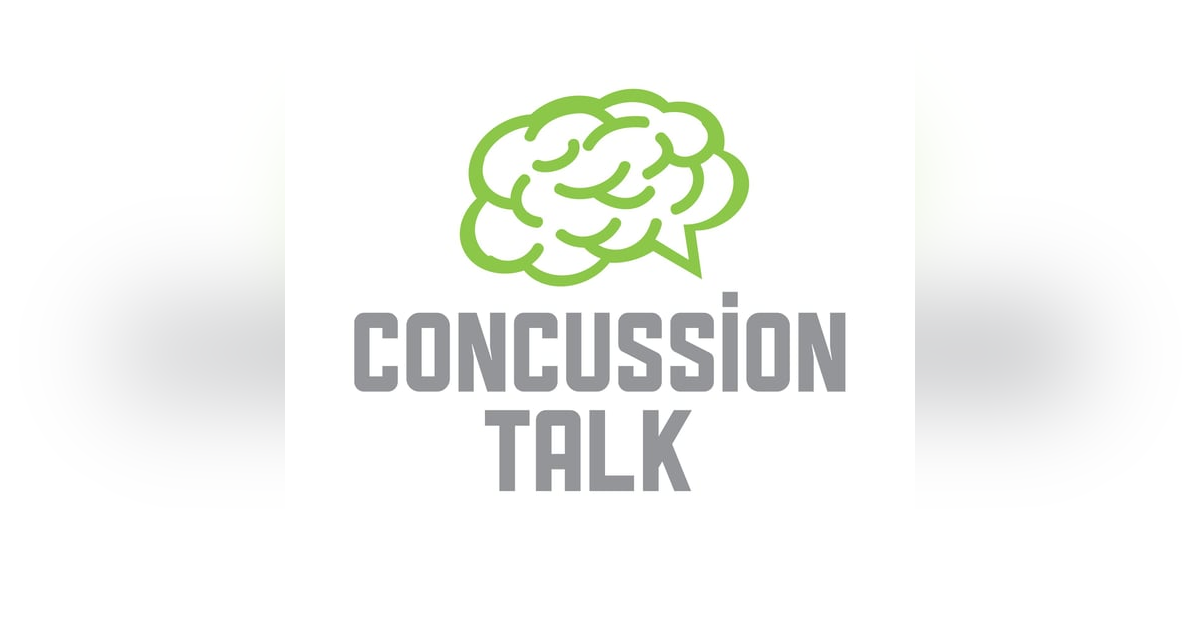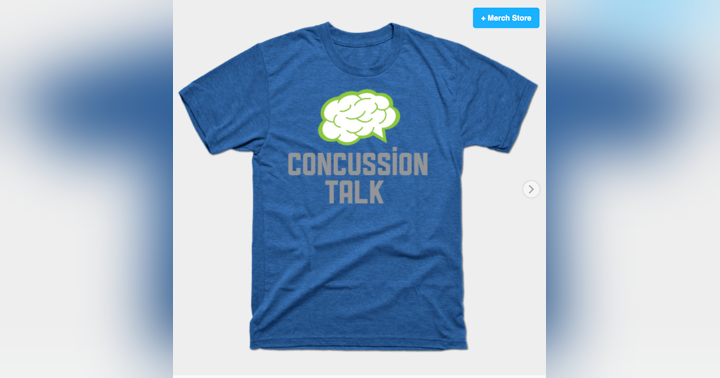The Complexities of Concussion Diagnosis and Treatment
Introduction
Concussions are a common injury that can have a significant impact on an individual's life. Symptoms can range from mild to severe and can include headache, dizziness, nausea, and confusion. While concussions typically resolve within a few weeks, some people experience long-term effects that can last for months or even years.
In this blog post, we will explore the intricacies of diagnosing and treating concussions. We will highlight the challenges and advancements in the field, and emphasize the importance of professional assessment and tailored treatment plans. We will also share some personal experiences from individuals who have experienced concussions and are on the road to recovery.
The Importance of Concussion Diagnosis and Treatment
Concussions can be difficult to diagnose, as there is no single definitive test. Symptoms can be similar to those of other conditions, such as migraines or post-traumatic stress disorder. It is important to seek professional medical attention if you suspect you have a concussion. A doctor can perform a physical exam and administer tests to rule out other conditions.
Early diagnosis and treatment of a concussion can help to prevent long-term complications. Treatment typically involves rest, pain medication, and cognitive exercises. In some cases, surgery may be necessary to repair damage to the brain.
Challenges in Concussion Diagnosis
One of the challenges in diagnosing concussions is that symptoms can be subjective and vary widely from person to person. This can make it difficult for doctors to determine the severity of a concussion and develop an appropriate treatment plan.
Another challenge is that concussions can be difficult to distinguish from other conditions, such as migraines or post-traumatic stress disorder. This can delay diagnosis and treatment, and lead to unnecessary suffering.
Advancements in Concussion Treatment
In recent years, there have been significant advancements in the treatment of concussions. One major advancement is the development of new imaging techniques, such as diffusion tensor imaging (DTI), which can help to detect subtle changes in the brain that may not be visible on a traditional MRI.
Another advancement is the development of new treatments, such as transcranial magnetic stimulation (TMS), which can help to improve cognitive function and reduce symptoms.
The Role of Professional Assessment
It is important to seek professional assessment if you suspect you have a concussion. A doctor can perform a physical exam and administer tests to rule out other conditions. They can also develop a personalized treatment plan that is tailored to your individual needs.
Tailoring Treatment Plans to Individual Needs
No two concussions are exactly the same. This is why it is important to tailor treatment plans to the individual needs of each patient. Factors that may be considered when developing a treatment plan include the severity of the concussion, the patient's symptoms, and their overall health.
Personal Experiences and Concussion Recovery
In addition to the information provided in this blog post, I encourage you to listen to our recent podcast episode titled "How We Got Concussions So Wrong". In this episode, we talk to Isobel Whitcomb, a trail runner, writer, and science journalist, about their experience going through their own concussion and recovery.
Isobel shares some valuable insights into the challenges of concussion diagnosis and treatment. They also offer some advice for people who are recovering from a concussion.
Conclusion
Concussions are a complex and challenging injury. However, there have been significant advancements in the field of concussion diagnosis and treatment in recent years. By seeking professional assessment and following a tailored treatment plan, you can improve your chances of a full recovery.
If you have any questions about concussions, please don't hesitate to reach out to a doctor or other healthcare professional.


